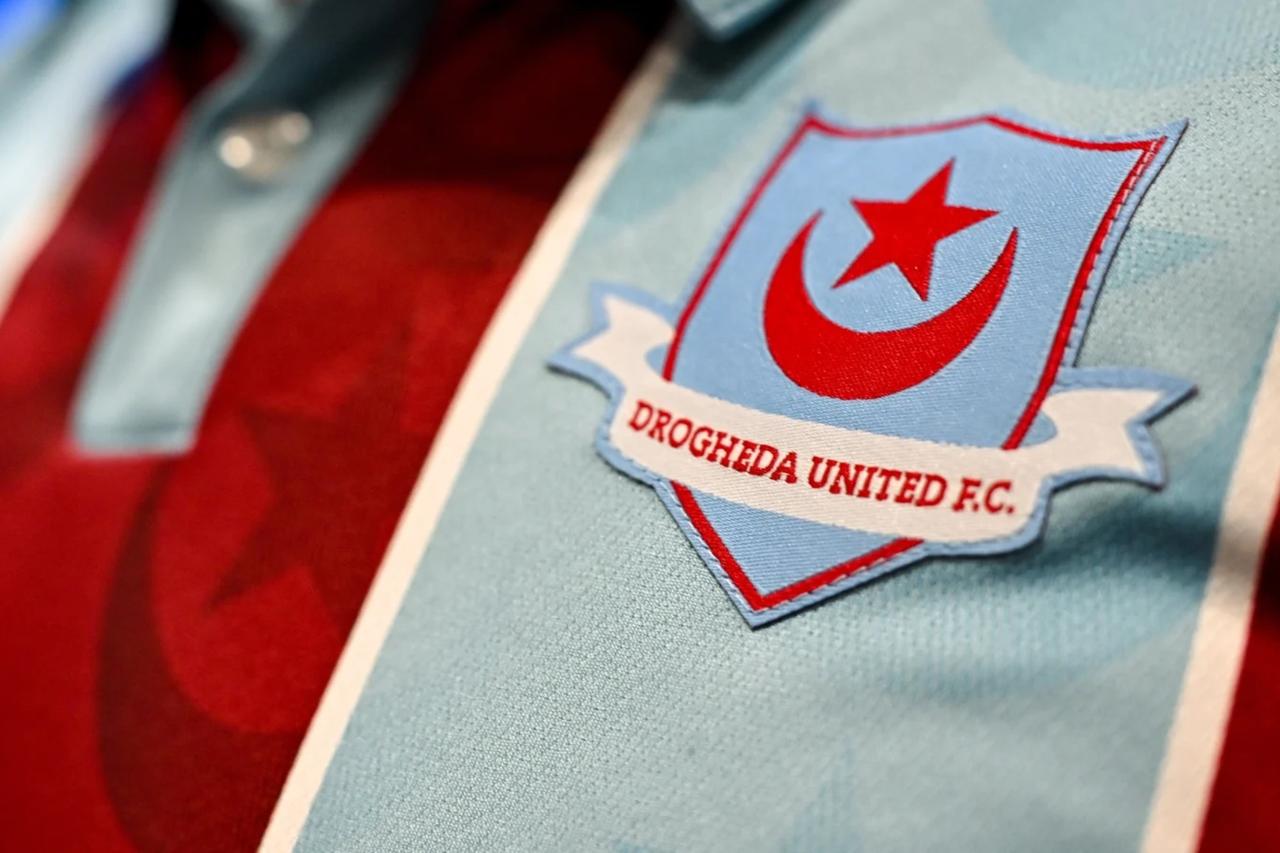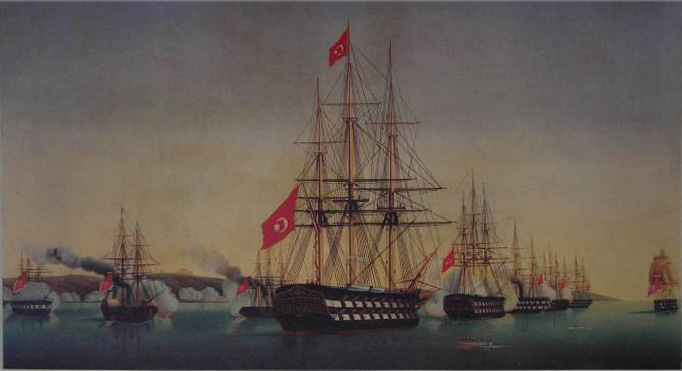
In the town of Drogheda, near Dublin, the local football club carries an emblem uncommon in Western Europe, a crescent and star. Drogheda United FC, competing in Ireland’s First Division, may seem at first glance like any small-town team, but its badge is rooted in an unusual and enduring historical gesture from the 19th century: famine relief delivered by the Ottoman Empire.
That gesture, while little-known in the broader West, became a reference point in part of Irish collective memory and a building block for symbolic Turkish-Irish relations that continue to reverberate in diplomatic and cultural spaces to this day.

Between 1845 and 1852, Ireland was devastated by the Great Famine. A potato blight ravaged crops, but the deeper cause of mass starvation was the structure of British colonial rule. Much of Ireland’s other food supplies—grains, livestock, dairy—continued to be exported to England. With a population of over 8 million at the onset of the famine, Ireland would lose roughly half through death and emigration over the following decade.
The scale of the crisis drew international attention. The Ottoman Empire, under Sultan Abdulmecid, announced it would send £5,000 ($6,839.15) in aid to Ireland. British officials reportedly objected to the amount, pointing out that Queen Victoria herself had donated only £2,000. Under diplomatic pressure, the Ottoman figure was reduced to £1,000, alongside separate shipments of food and seed.
Though the financial aid passed through official channels, the material relief encountered obstacles. The Ottoman navy dispatched three ships to deliver the goods to Dublin, but the British denied them docking rights. The vessels were rerouted and eventually anchored at the Port of Drogheda. There, they discreetly offloaded the cargo during the night, under informal instructions to avoid publicity and obscure the donor’s identity.
The secrecy didn’t last. One of the Ottoman ships was seen during daylight by local residents. The gesture was noted and not forgotten.
The Ottoman famine relief, modest in scale compared to today’s international aid standards, nevertheless had political reverberations decades later.
During the 1923 Lausanne Conference, which marked the end of the Turkish War of Independence and renegotiated the terms of the post-Ottoman Turkish state, Ireland was the only European delegation to consistently vote in favor of Turkish positions. Turkish diplomat and poet Yahya Kemal recalled how the Irish delegate explained this policy of support: “We are obliged to do so. Every Irishman is. We do not forget the hand that was extended to us in our darkest hour.”
Kemal later reflected that Irish backing played a significant role in shaping the conference outcome in Ankara’s favor.

Drogheda United was founded in 1919, one year after the end of World War I and amid Ireland’s turbulent path toward independence. When the club adopted its emblem, it included the crescent and star, intentionally linking itself to the Ottoman gesture of the 1840s. This design choice has remained unchanged for over a century.
In 1975, the club merged with another local side, Drogheda FC, but retained both the name and symbolic legacy. Today, Drogheda United’s maroon-and-blue colors echo those of Turkish club Trabzonspor, which formally became a sister club in 2011. Club supporters often refer to Drogheda United as “the Turks,” a nickname that, in this context, signifies pride rather than political affiliation.
The football museum in Drogheda houses memorabilia not only from domestic cup wins and a 2007 league championship, but also from Setanta Sports Cup appearances in the mid-2000s—a competition that, while now defunct, helped to elevate the profile of Irish football regionally.

In recent decades, the historical link between Ireland and Türkiye has re-emerged occasionally in the diplomatic sphere. During a visit to Ankara, former Irish President Mary McAleese referenced the story directly, remarking, “If you ever visit Drogheda, you might think the Turkish national team is playing on the field.”
The original thank-you letter sent to Sultan Abdülmecid by Irish officials remains housed in Istanbul’s Topkapi Palace archives.
Today, Ireland is widely regarded as one of the most vocal and consistent European advocates for Palestinian rights amid the humanitarian crisis in Gaza. This principled stance has not gone unnoticed, particularly across regions that were once part of the Ottoman sphere.
Among many in the Middle East, Ireland’s moral clarity on Gaza has sparked renewed admiration, reinforcing the sense that the Irish people, shaped by their own history of famine, occupation, and displacement, have developed a distinct empathy for others facing similar struggles. It is a sentiment that echoes the solidarity forged nearly two centuries ago, when help arrived quietly, under the cover of night, from Istanbul to Drogheda.
For a country like Türkiye, these lesser-known stories of historical solidarity can carry diplomatic capital. And for Ireland, long accustomed to seeing its own colonial past overlooked in wider European narratives, Drogheda’s emblem is a reminder that global empathy once transcended imperial borders.